Developing enquiries
Developing effective historical enquiries is not as easy as it might at first seem. Firstly, a successful enquiry depends upon the teacher having sufficient knowledge of the topic and the historical issues and controversies that surround it. In the teaching sequence, what do I include and what do I leave out? Secondly, the enquiry question must then be framed in such a way that it allows children to hypothesise, to grapple with an issue or controversy, the handle and evaluate evidence, to ask questions of their own and to make judgments. In this section, you will find advice and guidance to help you to plan and carry out effective historical enquiries with your pupils.
-

Political literacy: citizenship through the English national curriculum's the Romans in Britain study unit
ArticleClick to view -
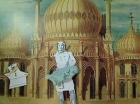
Museums, schools and creativity: How learning can be enhanced
ArticleClick to view -

Creating the 'creative history' website
ArticleClick to view -

A creative Egyptian project
ArticleClick to view -

In My View: Creativity & History
ArticleClick to view -
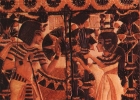
Think Bubble 60: Writing from experience
ArticleClick to view -

Timelines and technology
ArticleClick to view -
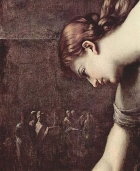
Story, myth and legend: The Story of Atalanta
ArticleClick to view -
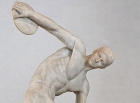
Primary History and planning for teaching the Olympics - four curricular models
ArticleClick to view -

Investigating the ancient Olympic games: A Case Study
ArticleClick to view -

William Brookes and the Olympic Games
ArticleClick to view -
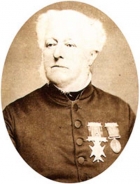
Shropshire's Secret Olympic History
ArticleClick to view -

Pupils as apprentice historians (4)
ArticleClick to view -

Pupils as apprentice historians (1) - History Detectives
ArticleClick to view -

History in the curriculum
ArticleClick to view -

Pupils as apprentice historians (2)
ArticleClick to view -

Learning to engage with documents through role play
ArticleClick to view -

Using classic fiction to support the study of childhood in Victorian times
ArticleClick to view -

Doing history in the early years and foundation stage
ArticleClick to view -
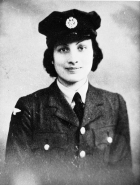
Cross Curricular Project on a famous person
ArticleClick to view

